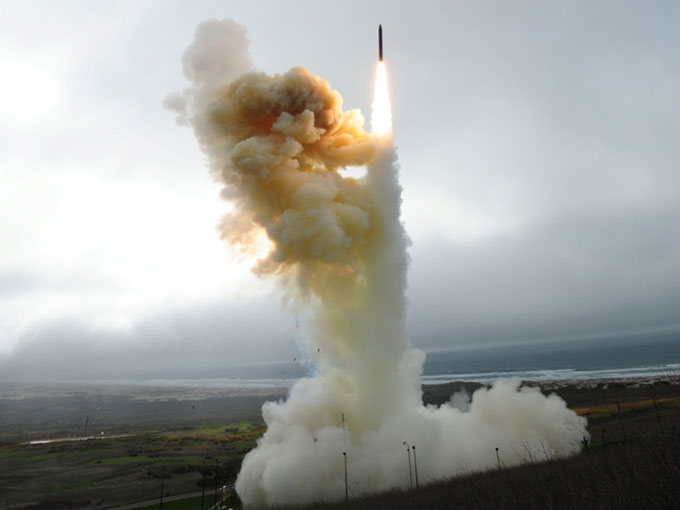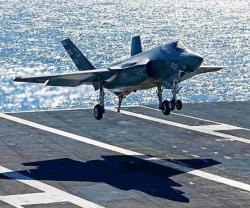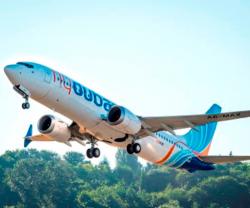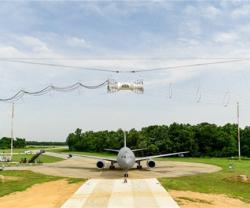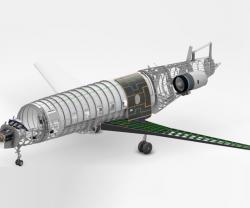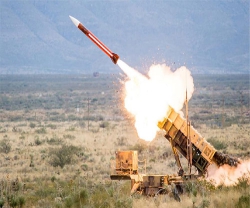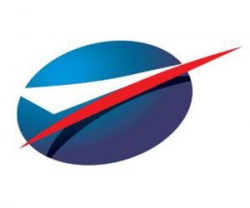Boeing Missile Defense Team Completes GMD Test
29.01.2013 Tunisia
Working with the U.S. Missile Defense Agency and industry teammates, Boeing returned the Ground-based Midcourse Defense (GMD) system to testing with a successful flight on 26 January.
GMD is the United States' only defense against long-range ballistic missile threats.
“Today's test signals the next step in GMD’s future capability and is the culmination of successful partnerships among government, military leaders and industry,” said Greg Hyslop, Vice President and General Manager for Boeing Strategic Missile and Defense Systems.
“Throughout our team effort to solve one of the toughest challenges facing the aerospace industry, GMD remained on alert and continues to defend the United States,” he added.
GMD flight testing was halted in early 2011 after a guidance error resulted in a failed intercept in a December 2010 test.
“Returning to flight has been the top priority for the GMD program. We have used industry and government's combined expertise to solve a complex technical issue related to what the interceptor's exoatmospheric kill vehicle (EKV) experiences in space. Today's success is an important step toward our next goal of a successful intercept test,” said Norm Tew, Boeing Vice President and GMD Program Director. “Today's success is an important step toward our next goal of a successful intercept test."
The test at Vandenberg Air Force Base (California) began at 2 p.m. Pacific time with the launch of a GMD ground-based interceptor (GBI) carrying a next-generation EKV.
The test measured the EKV's performance as the vehicle operated under stressful space conditions. Data gathered during the test will be used to validate the EKV's design.
GMD is an integral element of the United States' layered ballistic missile defense architecture. With interceptors deployed at Vandenberg and at Fort Greely, Alaska, the program consists of command-and-control facilities, communications terminals and a 20,000-mile fiber-optic communications network that interface with ballistic missile defense radars and other sensors.
Boeing has served as prime contractor since 2001 and works with industry partners Northrop Grumman, Orbital Sciences Corp. and Raytheon.
GMD is the United States' only defense against long-range ballistic missile threats.
“Today's test signals the next step in GMD’s future capability and is the culmination of successful partnerships among government, military leaders and industry,” said Greg Hyslop, Vice President and General Manager for Boeing Strategic Missile and Defense Systems.
“Throughout our team effort to solve one of the toughest challenges facing the aerospace industry, GMD remained on alert and continues to defend the United States,” he added.
GMD flight testing was halted in early 2011 after a guidance error resulted in a failed intercept in a December 2010 test.
“Returning to flight has been the top priority for the GMD program. We have used industry and government's combined expertise to solve a complex technical issue related to what the interceptor's exoatmospheric kill vehicle (EKV) experiences in space. Today's success is an important step toward our next goal of a successful intercept test,” said Norm Tew, Boeing Vice President and GMD Program Director. “Today's success is an important step toward our next goal of a successful intercept test."
The test at Vandenberg Air Force Base (California) began at 2 p.m. Pacific time with the launch of a GMD ground-based interceptor (GBI) carrying a next-generation EKV.
The test measured the EKV's performance as the vehicle operated under stressful space conditions. Data gathered during the test will be used to validate the EKV's design.
GMD is an integral element of the United States' layered ballistic missile defense architecture. With interceptors deployed at Vandenberg and at Fort Greely, Alaska, the program consists of command-and-control facilities, communications terminals and a 20,000-mile fiber-optic communications network that interface with ballistic missile defense radars and other sensors.
Boeing has served as prime contractor since 2001 and works with industry partners Northrop Grumman, Orbital Sciences Corp. and Raytheon.
Previous PostTunisia's First C-130J Sees Daylight
Latest news
Latest events
Defence Exhibition Athens - DEFEA
06 - 08 May 2025Metropolitan Expo Athens - GreeceLangkawi International Maritime & Aerospace Exhibition (LIMA)
20 - 24 May 2025Langkawi - MalaysiaParis Air Show
16 - 22 Jun 2025Paris Le Bourget - FranceDefenPol China2025 - 7th Guangzhou International Defense & Police Exhibition & Summit
11 - 12 Jul 2025Nan Fung International Convention & Exhibition Center (NICEC) - China

